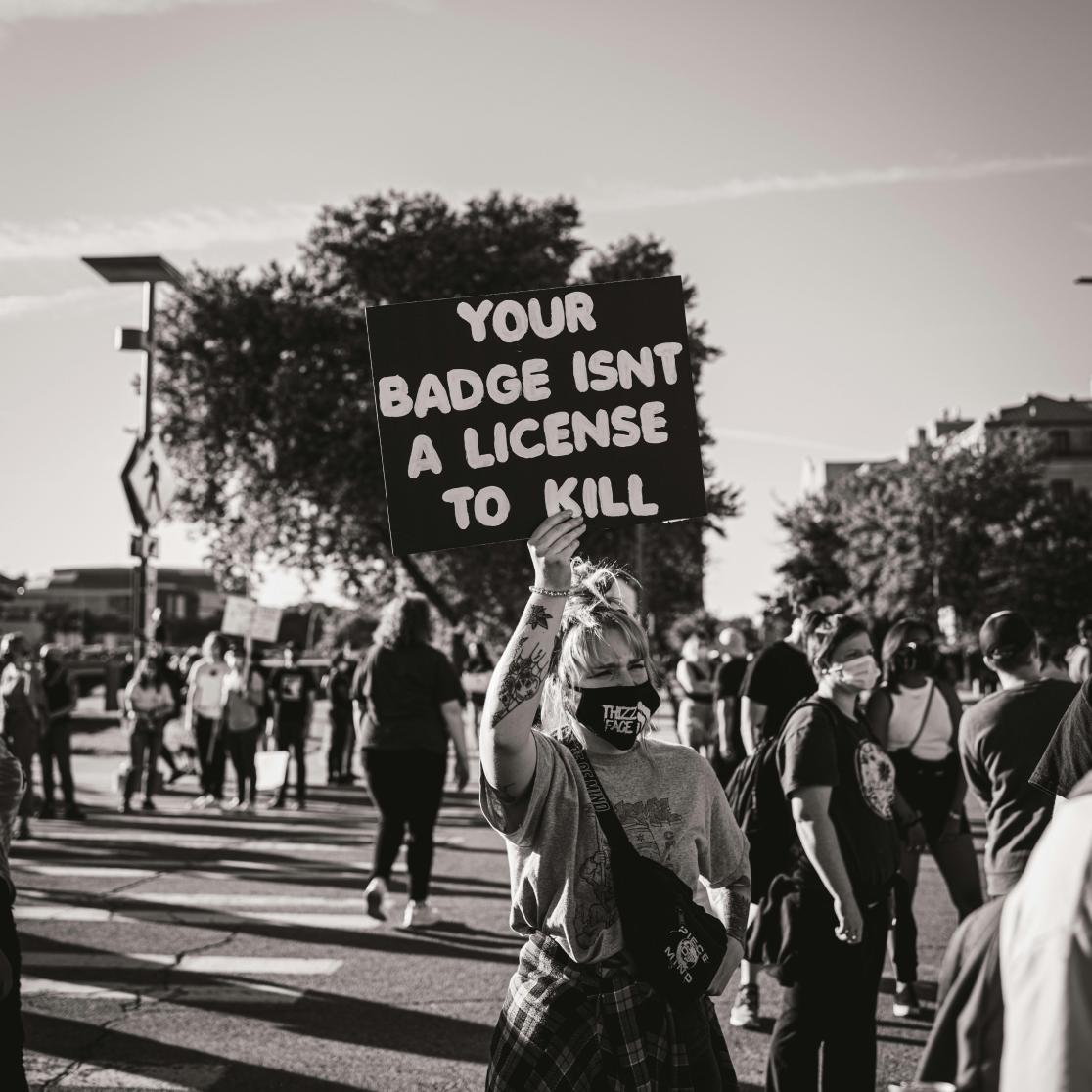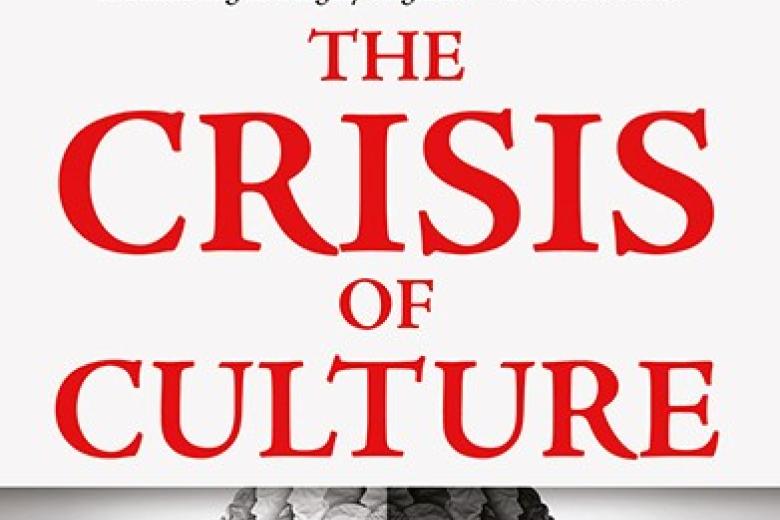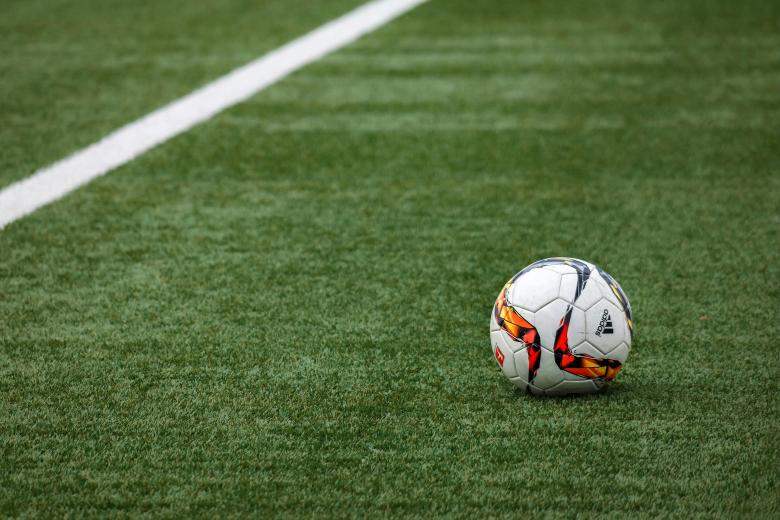An Academic Game-Changer: Seeing Hugo Through a Modern Juridical Lens
On the 7th and 8th of May, 2025, the event “Hugo and the Law” was held at the Faculty of Law of Maastricht University. As a student in my second year of LL.B., I decided to participate, hoping to learn new philosophical ideas, especially seeing that professors and researchers from other countries would hold presentations.
On the first day, a reception, a movie screening, and a subsequent discussion about the movie were held. The second day included a workshop with nine academic presentations by researchers from the Netherlands, France, and Italy, a short city tour, a visit to the special part of the Inner City Library, which holds books that are hundreds of years old, the keynote speech, and the farewell reception.
I signed up for the event thinking that it was about Hugo Grotius, but found out it was about Victor Hugo! However, at the end, I was not disappointed in the slightest. To my surprise, instead of seeing Dutch in the book exposition during the introduction, I saw French, quickly finding out that Victor Hugo would be the main focus. I was entirely unfamiliar with this author, however, I figured out that if a whole event is dedicated to him, surely something must be of value. And indeed, this was the case.
The following is an account of the concepts that I took home with me after the event.
The distinction between droit (right/justice) and loi (law)
In the discussions stirred during the workshop, it was pointed out that Hugo’s works contain a distinction that can also be observed in civil/common law universities: droit and loi.
Droit, translated verbatim, means “right”, as in you have “a right to something”, and it represents an abstract conception of justice, an idealised one. We can affirm on an ideal level that all children have a right to their parents’ love, or that they have a right to proper housing, although, in the loi, we may not find such a right.
Loi, meaning “law”, is the human enactment of a set of rules to be used by the state in order to bring about droit (justice). As all things human, however, it contains flaws due to ignorance. It is, however, reliable in court, having a pragmatic character.
Interestingly, English-taught university legal programs are labelled as “law”, meanwhile most continental university legal programs are labelled as “droit” (also rechtsgeleerdheid (NL), drept (RO), etc).
Why the law sometimes has to be disapplied in order for justice to prevail
Since the law is made by humans, it will contain flaws, whether enacted by an absolute monarch or by a parliament. In the conference, an account of how the law may end up causing more harm than good was identified in the character of Jean Valjean who, in Les Misérables, is sentenced to nineteen years in prison for stealing a loaf of bread. Such disproportionality ends up destroying the lives of individuals, rendering all of their existence meaningless and leaving them without hope.
Against this background, the topic of alternatives was heavily discussed. The crux of the arguments made by the researchers was that every school opened is a prison closed. This highlighted, in particular, the need of individuals to be instructed as to how they can pursue integrous, law-abiding methods of earning a living, instead of resorting to crime to cover their needs.

The cycles of hardships within certain communities and the futility of the law in breaking them
On the first day of the event, a screening of Les Misérables (Ladj Ly, 2019) took place. Instead of the original musical, the event organisers chose to show a modern version of the events of the novel; the 2019 French film added a racial, ethnic, and religious dimension to the daily struggle of a group of children in Montfermeil. The movie portrayed the dire living conditions of the neighbourhood and the apparent lack of positive future paths for the children living in it. It also portrayed the efforts of the police in applying the law as unable to break criminal tendencies and to improve the living conditions of the people living there. Moreover, the rage of the police against any form of resistance was shown to cause disproportionate harm, emphasising the idea that the law may sometimes be left better unapplied, as its application at all costs will cause more harm than good.
During the discussion of the film, a parallel was drawn to the original book, which centered around the necessity of crime when living in impoverished conditions. In this context, theft, violence, and deceit become realities caused by the desperation of individuals, not by their will. In such places, the application of the law would probably condemn entire neighbourhoods to prison, further deepening their pain.

How compassion may help break such cycles
Human compassion played a fundamental role both in the context of the film and in the original book. In the book, Jean Valjean’s sacrifice pushes Javert to commit suicide, as the latter cannot comprehend the mercy offered by a “criminal”. This episode symbolises the fact that love, as compassion, is deeply powerful and can topple deeply entrenched, destructive systems that cause significant suffering. In the movie, a police agent, contrary to the advice of his colleagues, takes the time to offer medical help to a child who was shot with something resembling a tear gas grenade. At the end of the movie, he is the reason why the child does not throw a Molotov cocktail onto him and his colleagues, who disfigured his face by launching the tear gas grenade.
In this context, the insights of two presenters during the workshop highly resonated with me. Carinne Elion-Valter, in her presentation, focused on the importance of legal interpretation and how it is required in order to reach justice. Therein lies the greatness of many judges and jurists, helping to build a better world not through strict, mechanistic reason, but through organic, dynamic, positive, healing energy. Morad El Kadmiri spoke about Victor Hugo’s beliefs about free and mandatory education, stating that this is the solution to many of the world’s ailments. This is indeed a fascinating statement, also considering that this idea stood at the forefront of breaking serfdom throughout Europe in the 18th and 19th centuries, empowering many to pursue lives of highly productive intellectual work, instead of a daily laborious struggle with a harsh toll on the body. Perhaps, modern parliaments throughout the world should reconsider the role and extent of free and mandatory education, raising the standards that were not touched throughout the centuries.
Conclusion
Despite the fact that coming into the event, I was not the most knowledgeable on what was about to be discussed, my mind was opened to many new ideas embodying compassion and how they can be applied into the legal, leading to a better world with less crime and a higher standard of living for all.
*About the author: Iulian Constantin Baziru is a second-year student at the Faculty of Law of Maastricht University, striving to widen his perspectives on how the foundational philosophical systems embedded into the law can create a more compassionate, richer, and more just society. Get in contact.
-
Bye bye culture – enter norms and codes?
Fond of regulations as they are, jurists could nonetheless have an interest in learning about their origins and current proliferation, and Olivier Roy’s latest book addresses this question by offering a thought-provoking reflection about the path that contemporary culture has taken.

-
White Walkers, Red Lines: The IHL Case Against the Night King
Fictional battles have long served as a mirror for real-world anxieties about war, technology, and the limits of law. Season 8, Episode 3 of Game of Thrones, “The Long Night,” provides an opportunity to test the boundaries of international humanitarian law (IHL) by confronting its most fundamental...

-
A Fan’s Guide to Football’s Lex Sportiva: How the CJEU is Changing the Game
On April 28th, I published my very first podcast, which dived into the iconic field of Sports Law. This work was the product of an “Honours Programme Personal Project” supervised by Dr. William Bull. As I look back on this experience, I am honored to share some of the takeaways which Dr. Bull and I...
